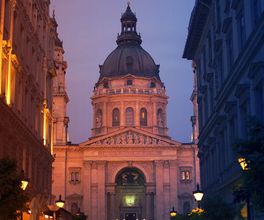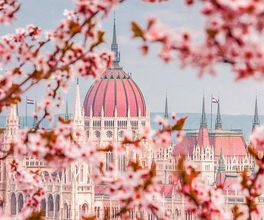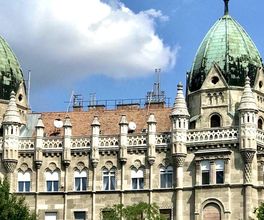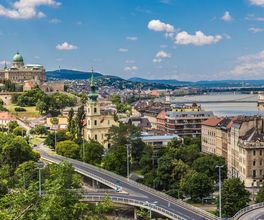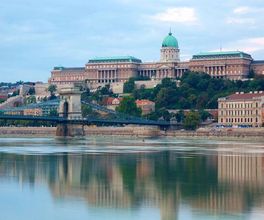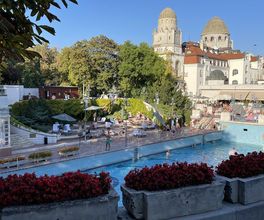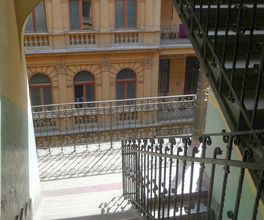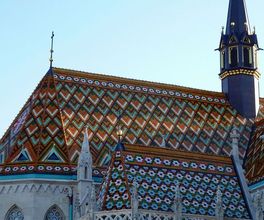




About this experience
My tour offers you the opportunity to see Budapest during its best times, as the country was preparing to celebrate the Millennium of the foundation of the homeland in 1896. Magnificent buildings were being constructed one after another, two grand palaces were built on Andrassy Avenue every month, the beautiful empress paid visits, and the locals got used to having morning breakfasts in cafes on the boulevards and riding the 'subway' — the first metro line on the continent.
It was a true 'Golden Age'... Nowhere else has retained so much of the spirit of that era referred to as the 'beautiful era,' La belle epoque, or more accurately and sadly, békeidők in Hungarian, meaning 'peaceful times'.
Budapest looks as Europe would have looked if the First World War had not begun in 1914. Other capitals changed, rebuilt, altered their pace of life, people's attitudes, building facades, and other details. Budapest, however, has preserved everything — down to the copper handles on the doors of bank halls and the famous red mailboxes.
The 'Golden Age' spans from the unification of Buda, Pest, and Obuda in 1873 to the dissolution of the Austro-Hungarian monarchy in 1918. Everything best, everything we admire, everything that the people of Budapest proudly show us — it all comes from that beautiful era, from Austria-Hungary.
What to Expect
We will start at Heroes' Square and the Millennium Monument. We will admire the Vajdahunyad Castle built specifically for the Jubilee. We will stroll through the streets of the respectable Terézváros and examine the Opera House, analyze the architectural qualities of St. Stephen's Basilica and witness that the city has preserved the spirit and character of Austria-Hungary's era of Emperor Franz Joseph.
In addition to the Millennium Monument, the castle, and the Opera House, we will look at buildings that tourists rarely visit — such as the National Bank, also constructed during the same period, one of the metro stations, to be precise, the 'Underground Electric Tramway of the Millennium named after Emperor Franz Joseph,' and a cafe near the Opera House where the old Europe's spirit is fully preserved.
